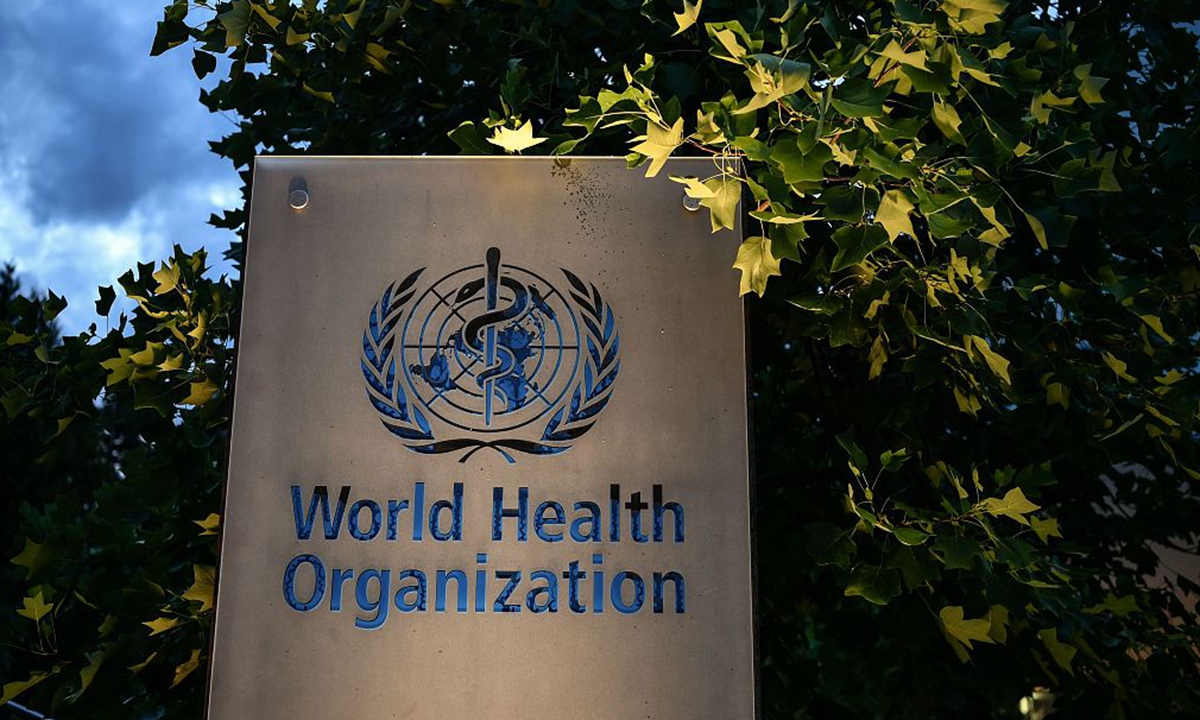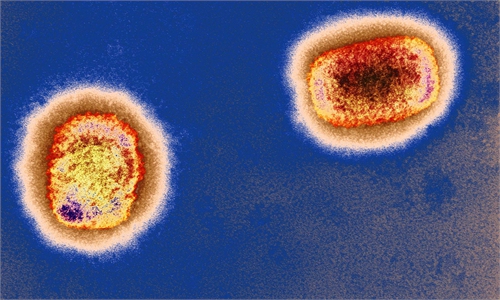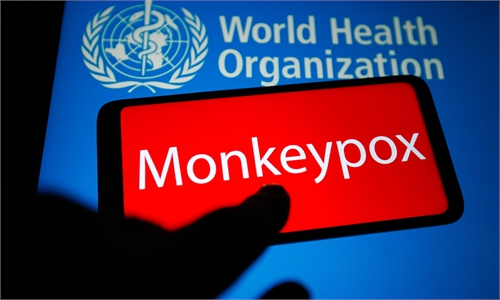COVID-19 prevention shows China capable of containing monkeypox as WHO declares it a global health emergency: expert

WHO Photo:VCG
Chinese experts said that despite monkeypox virus' spread, it currently poses low threats to China given the country's effective epidemic management measures.
The World Health Organization (WHO) on Saturday declared the monkeypox virus a public health emergency of international concern, the highest alert level for a growing outbreak.
More than 16,000 cases have now been reported from 75 countries with five deaths so far, BBC reported citing WHO director general Dr Tedros Adhanom Ghebreyesus.
The designation on Saturday means the WHO now views the monkeypox outbreak as a significant enough threat to global health that a coordinated international response is needed to prevent the virus from spreading further and potentially escalating into a pandemic, according to CNBC.
Although the declaration does not impose requirements on national governments, it serves as an urgent call for action. The WHO can only issue guidance and recommendations to its member states, not mandates. Member states are required to report events that pose a threat to global health, CNBC said.
There are only two other such health emergencies at present - the coronavirus pandemic and the continuing effort to eradicate polio, according to BBC.
The WHO issued a global health emergency in January 2020 in response to the Covid-19 outbreak and two months later declared it a pandemic.
Lu Hongzhou, head of the Third People's Hospital of Shenzhen, told the Global Times on Saturday that the monkeypox is mainly spreading in Europe and America and men who have sex with men have the highest risk of infection.
There might be some imported cases to China in the future, but the possibility is low that the virus would cause an outbreak as China's strict anti-epidemic measures can effectively screen out the patients and put them under quarantine timely, Lu said.
China's experience in preventing and controlling the COVID-19 epidemic have demonstrated that the country is able to put other infectious diseases under control as well, Lu noted.


